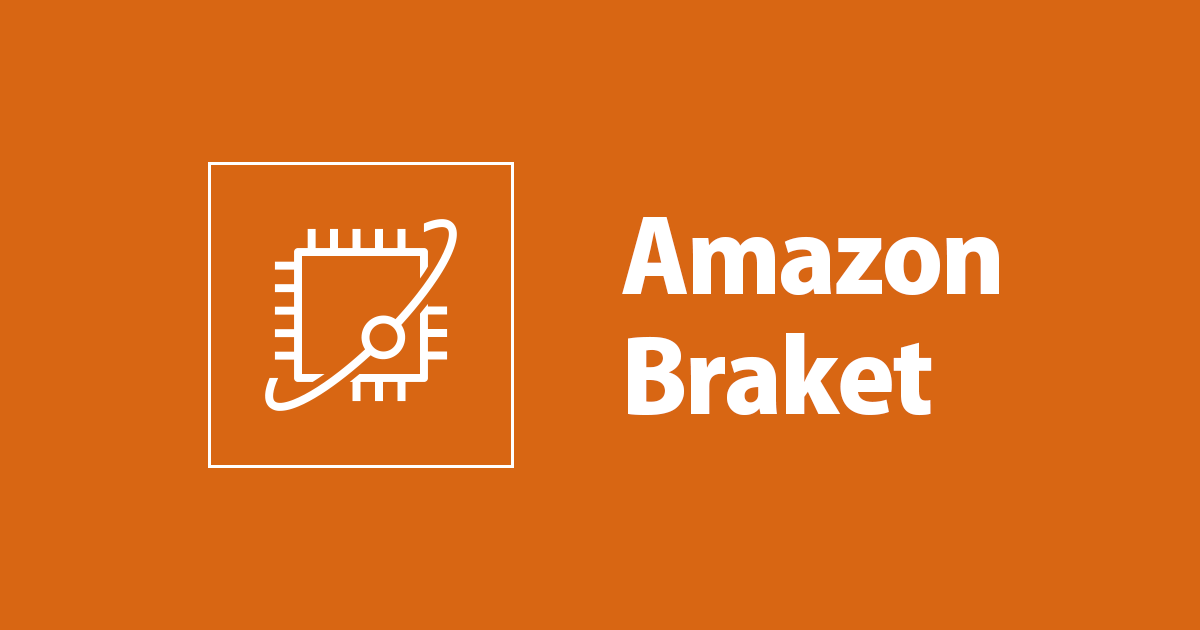 EMERGING TECH
EMERGING TECH
 EMERGING TECH
EMERGING TECH
 EMERGING TECH
EMERGING TECH
Amazon Web Services Inc. is trying to make quantum computing more accessible with the launch of Amazon Braket Hybrid Jobs today.
Announced at re:Invent 2021, it’s a new feature with its Amazon Braket quantum computing cloud service that makes it easier for users to set up, monitor and execute hybrid quantum-classical algorithms.
The company launched Amazon Braket back in 2019 before making it generally available a year later, giving AWS cloud users access to quantum hardware and tools from partner firms such as Rigetti Computing Inc., IonQ Inc. and D-Wave Systems Inc. Since that time, many quantum computing researchers have shifted their focus to using so-called hybrid algorithms that use classical computers to optimize quantum algorithms, which is a process that’s often likened to training machine learning models. But setting up and running those hybrid quantum-classical algorithms can be a monumental task, which is why Amazon is trying to make that task easier.
Up until now, developers have had to do lots of work to get those algorithms up and running on Amazon Braket. First, they need to set up and manage the infrastructure to run their optimization algorithms on classical machines. Then, they would have to manage the integration with the quantum computing hardware. Finally, there are monitoring tools that need to be set up, as well as visualization tools necessary for analyzing the results of their experiments.
There’s another problem too. Besides all the hassle of setting things up, developers have to deal with the fact that quantum processing units are “shared, inelastic resources” which they must compete for access to with others, AWS evangelist Danilo Poccia said in a blog post.
“This can slow down the execution of your algorithm,” he explained. “A single large workload from another customer can bring the algorithm to a halt, potentially extending your total runtime for hours. This is not only inconvenient but also impacts the quality of the results because today’s QPUs need periodic re-calibration, which can invalidate the progress of a hybrid algorithm.”
With Braket Hybrid Jobs, Amazon says, those problems become trivial concerns. Developers get access to a fully managed service that takes care of the hardware and software interactions between quantum and classical computers, together with priority access to QPUs to ensure more predictability. So Braket spins up the required resources, then shuts them down once the job is done.
There is no need to deploy, configure and manage classical infrastructure, making it easy to experiment and improve algorithms iteratively. Users can set up custom metrics for their algorithms too, then use Amazon CloudWatch to visualize the results in close to real-time.
Amazon said the service will help make quantum computing more accessible, with developers now able to use them as a primary tool to understand and improve hybrid algorithms and test their applicability for industry and research.
Users will be charged for Amazon Braket Hybrid Jobs based on the resources they use. The service is available today in all AWS Regions where Amazon Braket is currently available.
Support our mission to keep content open and free by engaging with theCUBE community. Join theCUBE’s Alumni Trust Network, where technology leaders connect, share intelligence and create opportunities.
Founded by tech visionaries John Furrier and Dave Vellante, SiliconANGLE Media has built a dynamic ecosystem of industry-leading digital media brands that reach 15+ million elite tech professionals. Our new proprietary theCUBE AI Video Cloud is breaking ground in audience interaction, leveraging theCUBEai.com neural network to help technology companies make data-driven decisions and stay at the forefront of industry conversations.